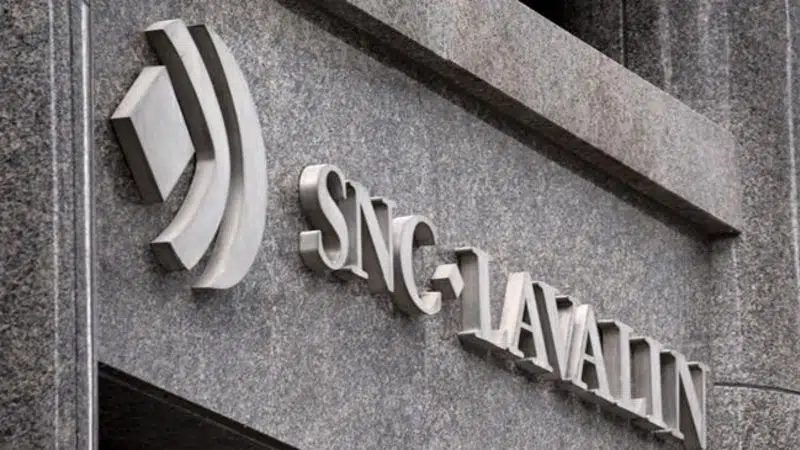
Liberals postpone policy update that could help SNC-Lavalin avoid ban from federal business
OTTAWA — The federal government has postponed a long-awaited update to Canada’s corporate-misconduct provisions, including changes that could help SNC-Lavalin avoid being barred from lucrative federal contracts.
The government wants more time to study how it will modernize its so-called “integrity regime” following intense public debate about corporate wrongdoing that was ignited by a political controversy related to SNC-Lavalin, according to a federal spokesman. He did not say how long the delay will last.
The government revealed the postponement following questions from The Canadian Press, which obtained an internal federal document that showed the Liberals were planning to announce a revision in early February.

